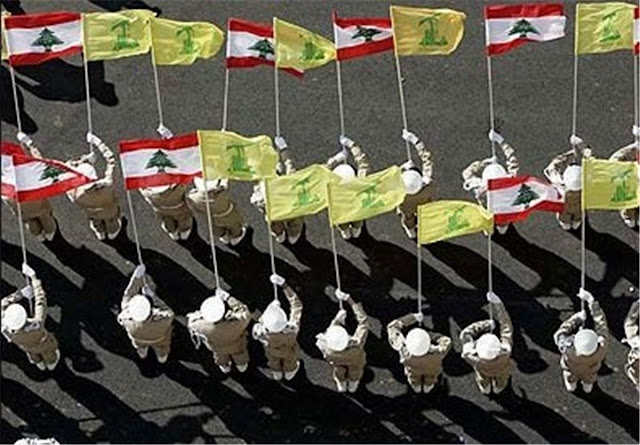Assist the Lebanese Armed Forces (LAF) in taking steps towards the establishment between the Blue Line and the Litani river of an area free of any armed personnel, assets and weapons other than those of the Government of Lebanon and of UNIFIL deployed in this area.But the Lebanese armed forces has not worked with UNIFIL to accomplish that. Part of the reason is that the Lebanese government itself has given Hezbollah a special status, where it has all the rights of a legitimate army but none of the responsibilities.
In May 2008, an internal political dispute in Lebanon saw Hezbollah use its weapons against fellow Lebanese citizens. The Lebanese government at the time tried to dismiss the pro-Hezbollah head of airport security, Wafik Choucair, and dismantle Hezbollah’s telecommunications network, which operated without any state oversight. In response, Hezbollah forced a military takeover of Beirut, leading to a government crisis that was resolved with the formation of a new national unity administration in which Hezbollah and its allies had veto rights for the first time.The ministerial statement of this new cabinet referred to a formula previously unseen in government documents, that of Lebanon’s security architecture being composed of ‘the army, the people and the resistance’ to defend Lebanon from any aggression. This statement amounted to a de facto change in the constitution. The same security formula was repeated in the ministerial statement of the next – also Hezbollah-dominated – cabinet formed in 2009, with the additional undertaking that the government would ‘work on uniting the position of the Lebanese through agreeing on a comprehensive national defence strategy’.Hezbollah’s use of weapons to intimidate its opponents paved the way for it to entrench – by force – its special status within the Lebanese state and thus increase its political influence. Since 2008, Hezbollah has regularly invoked the ‘army, people, resistance’ formula to justify its actions. For example, following Hezbollah’s involvement in the Syrian conflict, the group has used the formula to argue that it has strengthened Lebanon against what it calls ‘takfiri’ jihadist threats as well as Israeli threats.
Lebanese Army Commander General Jean Kahwaji called on the military units deployed in the southern region of Lebanon to be vigilant, fully prepared and ready on the ground for various possibilities and to constantly monitor the violations and activities carried out by the Israeli army along the Lebanese border, which indicate the existence of premeditated intentions against Lebanon, its people, army and resistance... stressing the use of all national energies to thwart them.General Kahwaji's speech came during an inspection tour he made today of the military units deployed in the area south of the Litani River, during which he was briefed on the field measures taken to confront any possible Israeli aggression on Lebanon.
|
Or order from your favorite bookseller, using ISBN 9798985708424. Read all about it here! |

|

 Elder of Ziyon
Elder of Ziyon























